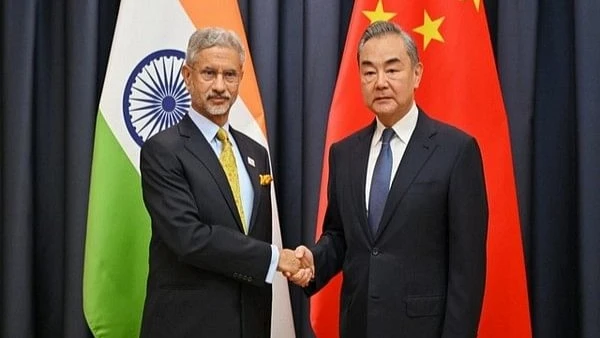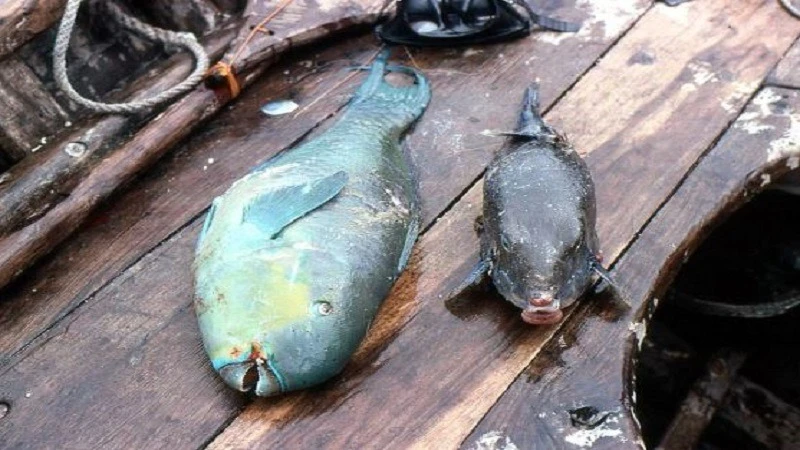TAHA, city enter spices, herbs MoU

THE spice industry in Tanga Region is geared for a bright future after the Tanga City Council and the Tanzania Horticultural Association (TAHA) entered a transformative agreement to commercialise the industry.
TAHA CEO Dr Jacqueline Mkindi signed the memorandum of understanding (MoU), here yesterday with Dr Frederick Sagamiko, the Tanga City Council executive director, outlining the partnership framework.
The council will facilitate TAHA support farmers and other stakeholders in the regional horticultural value chains, enhancing the production, processing and marketing of their crops.
This initiative is a platform for value addition, knowledge facilitation on the latest horticultural technologies and practices, connecting them to domestic, regional and international markets, the city director noted.
To start with, the council and TAHA will set up a horticultural common use facility (HCUF) in the city, with the city authorities pledging to allocate at least five acres of land in the Pingoni Industrial area for the HCUF unit.
It will also harbour related activities, as a 100 acre commercial model farm is also on the cards, with the designated area feasible for future expansion of the project, he stated.
A sustainable supply of water and electricity will be assured, with the council intending to manage the construction of the HCUF unit efficiently, as the city council sees the agreement as historic.
It has the potential to transform the spice industry and generate significant employment opportunities for women, youth and the disabled, he said, pointing at the visible, inherent competitive advantages.
Many Tanga residents have a longstanding tradition of spice cultivation, so it is an opportune moment to leverage this indigenous knowledge and commercialize the industry, he stated, elaborating that a common processing facility to prepare spices for external markets will be set up.
Rehema Mhina, the deputy mayor, praised the partnership, predicting a transformative impact on the spice industry, given its potential for job creation, particularly for women and youth.
She expressed the council’s commitment to supporting the groups with soft loans from the statutory 10 percent allocations, with the CEO acclaiming the pact as enabling TAHA to “bring its extensive experience and professional qualifications to the table for the establishment and operationalization of the HCUF in Tanga City.”
“TAHA will oversee the entire system, ensuring effective management of the HCUF,” she emphasised, citing provision of guidance on vital arrangements to maximize the benefits of the facility for farmers, processors, and other stakeholders.
TAHA is administering a $24m food conservation project fund granted by the United States Agency for International Development (USAID), set to use it to enhance post-harvest loss management and spice value addition.
The range of interventions include cutting-edge technology deployment and compliance with environmental standards, part of a wider quest to address effects of climate change, she said.
TAHA will deploy agronomists to assist spice growers in improving cultivation practices for higher yields to guide farmers in production and market access, she elaborated, commending the council for selecting TAHA as a key partner in enhancing the local horticulture industry.
TAHA was ready to drive significant advancements in the spice industry as this work is aligned with its core mission, with Tanga's favourable climate for spices and herbs enabling experts to harness this potential to benefit the local economy, the CEO added.
Top Headlines
© 2024 IPPMEDIA.COM. ALL RIGHTS RESERVED





















